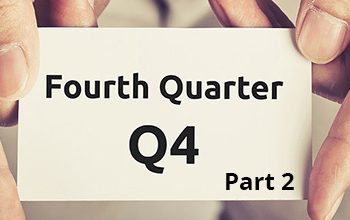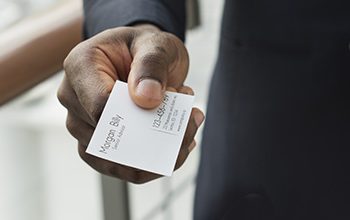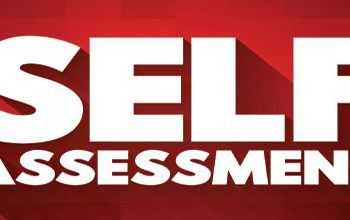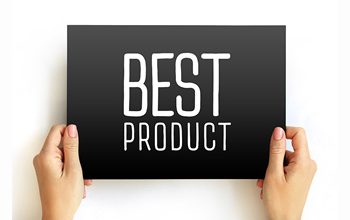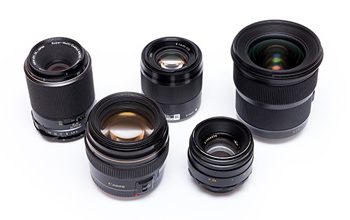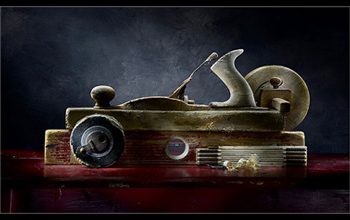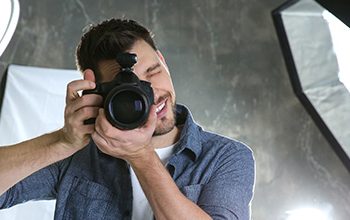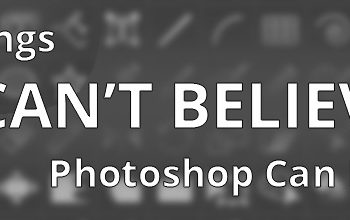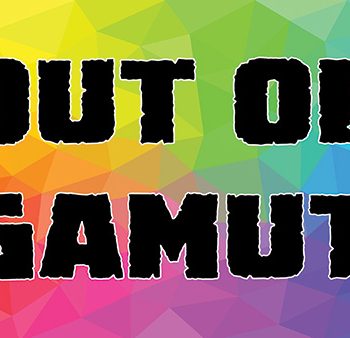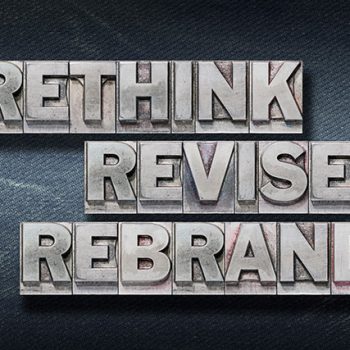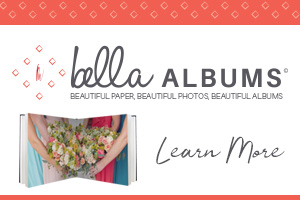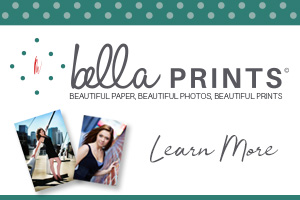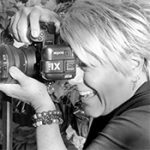I see a lot of incredibly beautiful photography come thru the Lab at Marathon Press. Helping in production this holiday season I saw thousands of books. As a professional photographer, it’s hard to not focus on the quality of the images I’m looking at in addition to checking the quality of the work as we inspect each book.
The images with the most impact always come down to the technical control of the lighting. Good direction, ratio, and quality of light for each location. Of course, you have to have all the other fundamentals executed well too but the ones that really shine are the images with the right light. You see it in competition images, magazine covers, major advertisers, etc. The public doesn’t know what good lighting should be but they know what they like, or don’t like when they see it.
So what is the right light? Is natural light better than strobe or constant light? The quick answer is – the best light is the one you understand and know how to use well. Of all the things I see new photographers struggle the most with is quality lighting. Learning to see or previsualize your lighting takes practice. The time to test and experiment is not during a paid session! Practice on a mannequin head, a friend, or even a basketball. Test, test, test.
There are all sorts of education available too. I love Joel Grimes’s educational videos. He goes into excellent detail about how he evaluates a scene and demonstrates how he uses his lighting equipment and manages things in post-production. You can also find some free education on Youtube but what I like best about masters of light like Joel Grime is you know it’s tried and true and correct. Check out his website here.
Also, check out your state photography organizations for programs on this and of course PPA courses. A good goal to ensure you master your lighting is to become a Certified Professional Photographer thru the Professional Photographers of America. For more info look here.
Regardless if you are using natural light or strobes, you still need to evaluate your scene, and chances are you will need to modify your light a little or, in some cases, a lot. That’s a discussion for another time but reflectors go hand in hand with lighting.
If you find you want to improve the technical side of your lighting or learn how to use a different light source, make it your mission to do that for 2023. It will improve your confidence as well as your photography.






